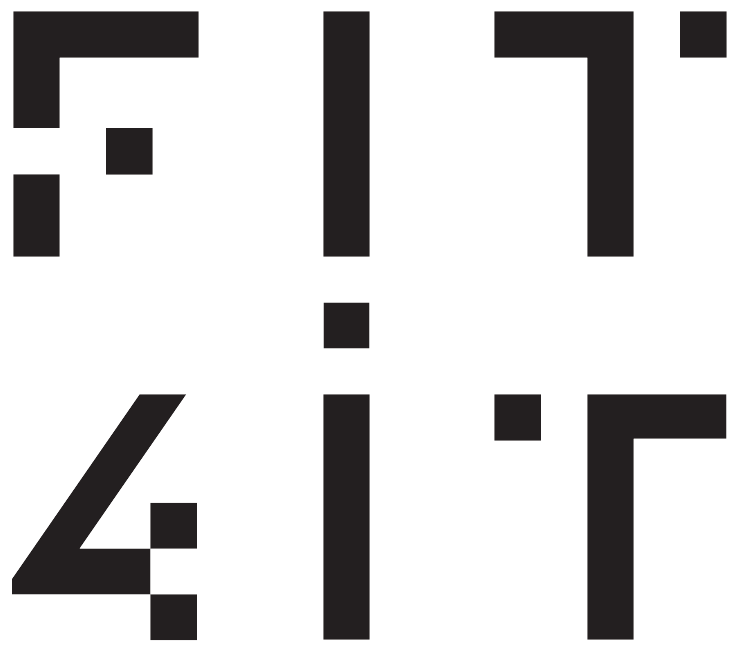It’s Ramadan time! With it comes fasting from sunrise to sunset, altered sleep schedules, and the temptation of indulging in delicious Iftar meals. Needless to say, maintaining fitness during Ramadan can feel challenging. However, with strategic planning, it’s possible to stay on the course of your fitness journey and even make fitness progress during this holy month. Here are some Ramadan fitness tips to help you maintain better health throughout the month.
Optimal Timing for Workouts
Choosing the right time to exercise is crucial during Ramadan:
- Post-Iftar: Training after breaking your fast ensures your body is replenished with food and water and hence has the necessary energy for effective workouts.
- Pre-Suhoor: For early risers, exercising before the pre-dawn meal can be effective. Ensure you are adequately hydrated. In addition, consume a small pre-workout snack to maintain energy levels.
Avoid mid-day workouts while fasting to prevent dehydration and excessive fatigue.
Prioritize Strength Training Over Cardio
Modify workout intensity to maintain fitness without overexertion during Ramadan. Focusing on strength training can be more beneficial than intensive cardio sessions, especially for maintaining muscle mass.
Engage in compound movements like squats, deadlifts, and bench presses to maximize muscle maintenance. Keep your workouts short but effective, aiming for 20-30 minutes per session. Reduce the number of repetitions and increase rest periods to prevent overexertion.
Strength training is essential for building muscle, boosting metabolism, and improving overall health.
In addition, incorporate activities like walking, yoga, or stretching to keep the body active without straining. Remember, the objective is to maintain muscle mass and avoid burnout during the fasting period. Listening to your body’s signals and adjusting intensity accordingly is essential during Ramadan.
Ensure Proper Hydration
Proper hydration is extremely important during Ramadan. Aim to drink at least 8-12 glasses of water between Iftar and Suhoor to stay adequately hydrated.
Incorporate electrolytes through sources like coconut water or a pinch of Himalayan salt to maintain optimal hydration levels. You should also limit caffeinated beverages such as coffee and tea, as they can lead to increased dehydration.
Prioritize your water intake evenly throughout the non-fasting hours rather than consuming large amounts at once. Proper hydration supports stronger workouts and better recovery and reduces the likelihood of headaches during fasting.
Have a Balanced Nutritional Diet
Your diet plays a significant role in maintaining energy and strength.
- Suhoor (Pre-Dawn Meal): Consume slow-digesting carbohydrates like oats and whole grains, healthy fats such as nuts and avocados, and lean proteins like eggs or yogurt to provide sustained energy.
- Iftar (Breaking Fast): Start with dates and water, followed by lean proteins (chicken, fish, tofu), complex carbohydrates (brown rice, lentils), and plenty of vegetables.
- Avoiding processed sugars and fried foods helps maintain energy levels and overall fitness.
Prioritise Rest and Recovery
Ramadan is also a time for mental and spiritual rejuvenation. You can also incorporate some additional fitness tips for Ramadan to ensure rewarding mental health:
- Prioritize quality sleep (aim for 6-8 hours) to aid in recovery from fasting and physical activity.
- Incorporate short naps if needed, but ensure they don’t replace adequate nighttime sleep.
Embracing Mindfulness and Community
Engage in mindfulness practices such as deep breathing, stretching, or meditation to manage stress and enhance overall well-being. Participate in community activities and group prayers to foster social connections and support. Consistency in maintaining an active lifestyle, even at a reduced intensity, is key during Ramadan.

Practicing mindfulness improves mental clarity, reduces stress, and enhances overall well-being.
Striking a Balance
Achieving fitness during Ramadan is about smart adjustments—balanced nutrition, adequate hydration, appropriately timed workouts, and sufficient rest. By implementing these strategies, you can maintain your fitness and well-being throughout Ramadan.
Was this helpful?
Good job! Please give your positive feedback
How could we improve this post? Please Help us.






No Comments